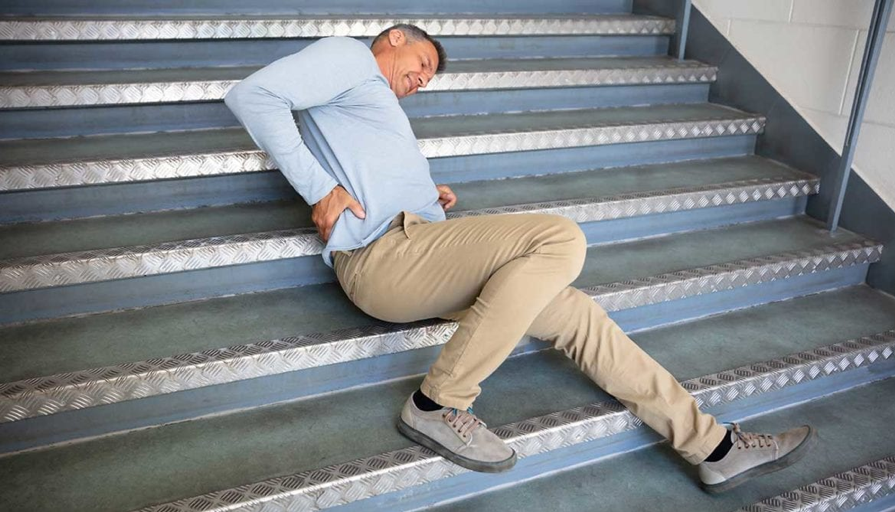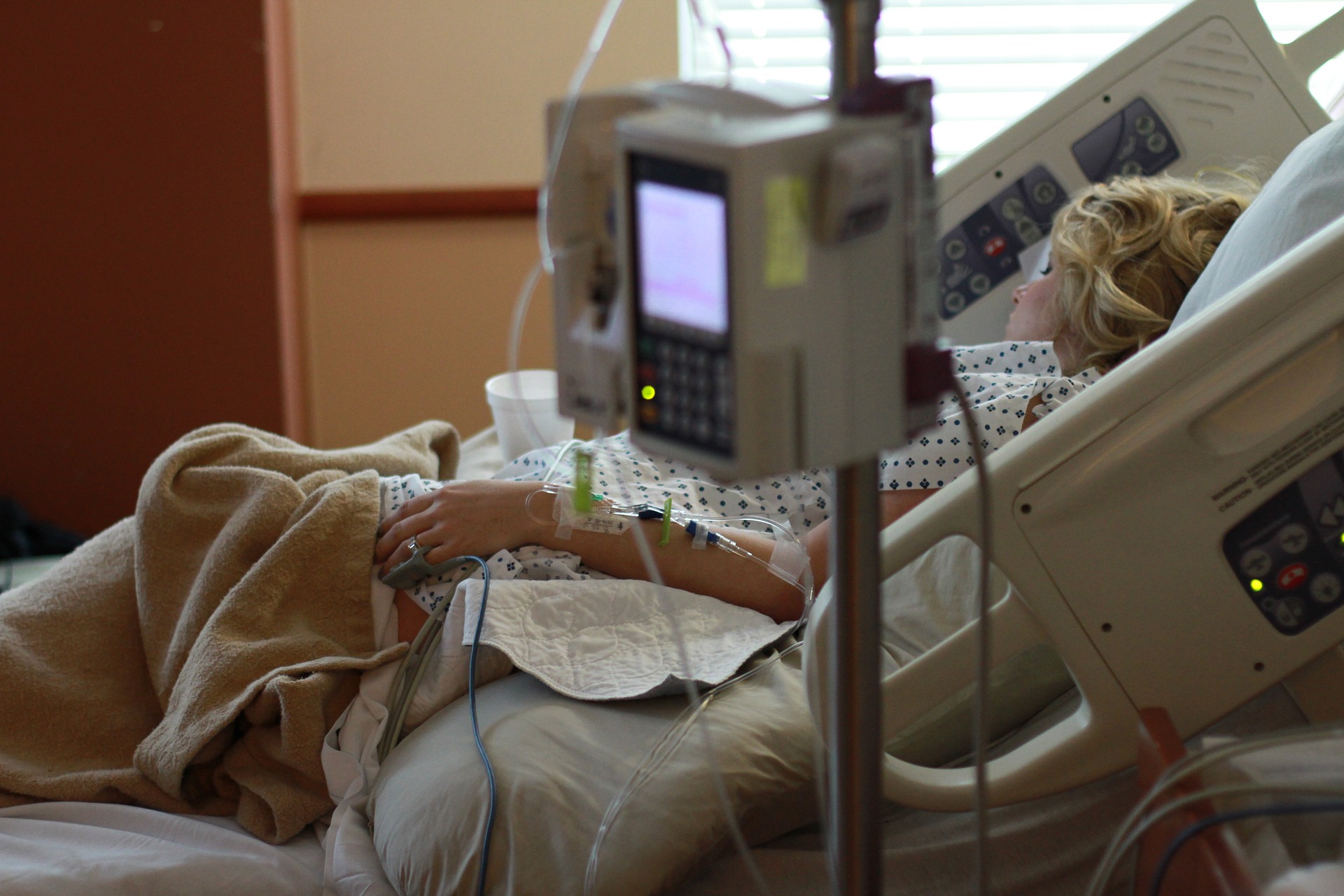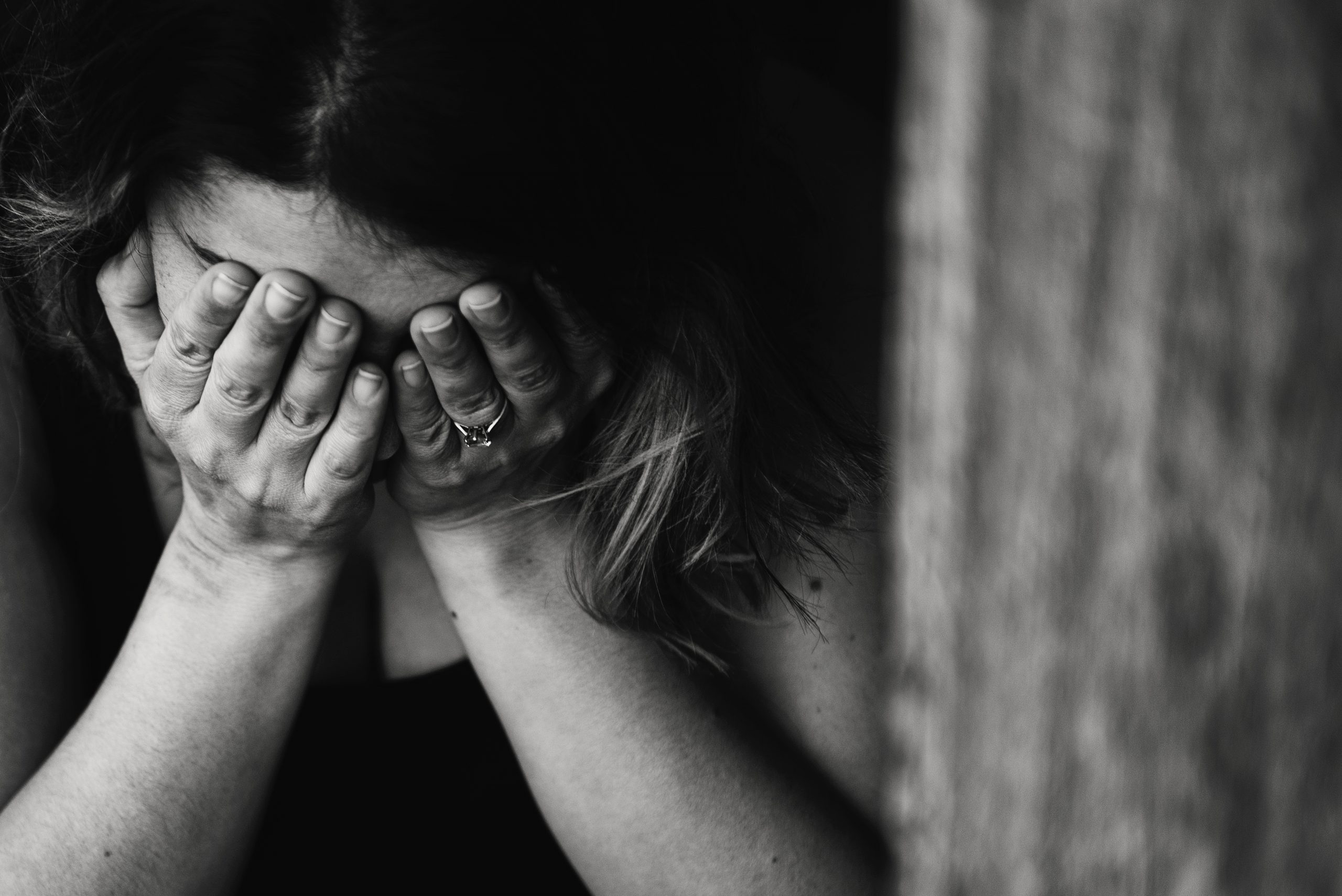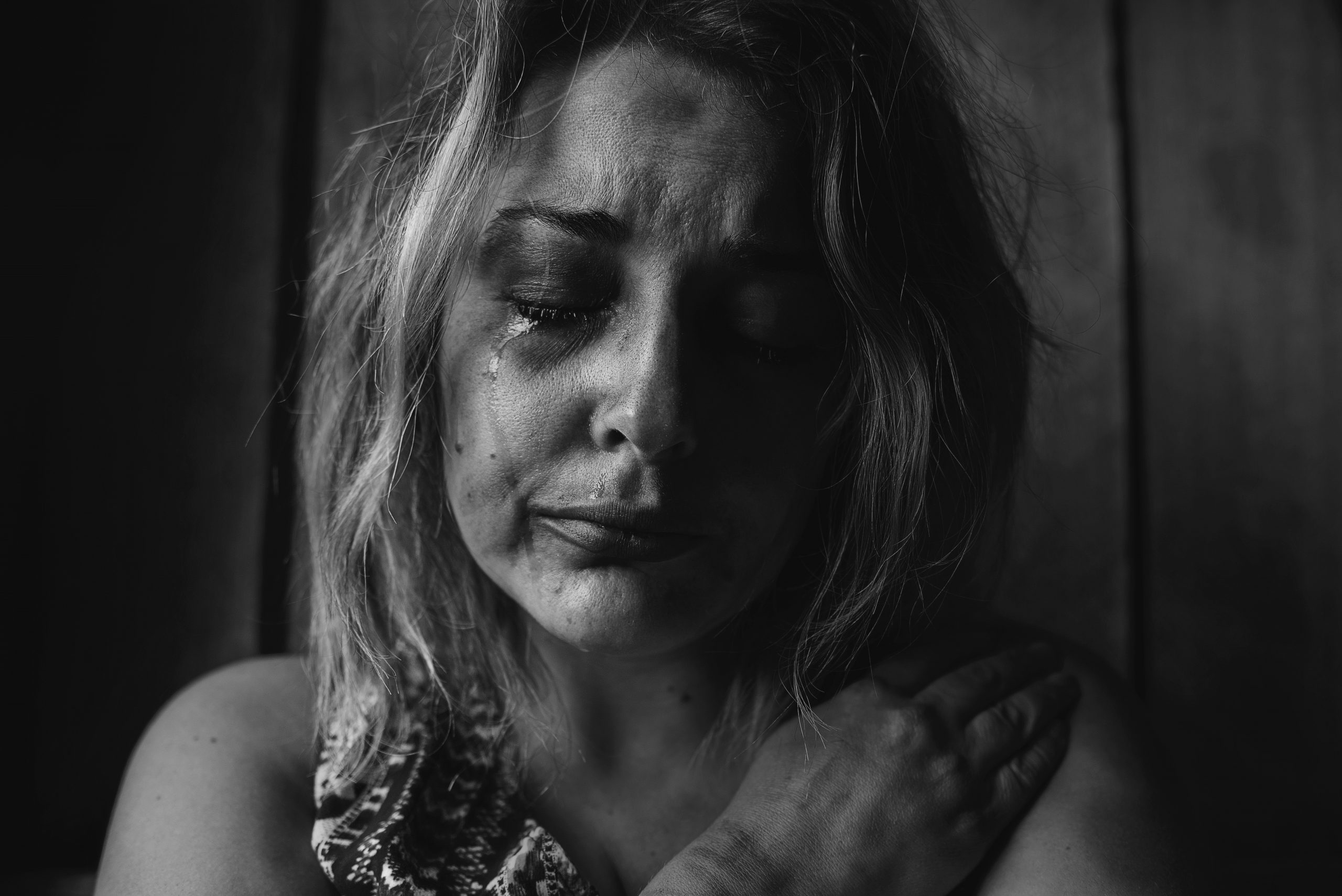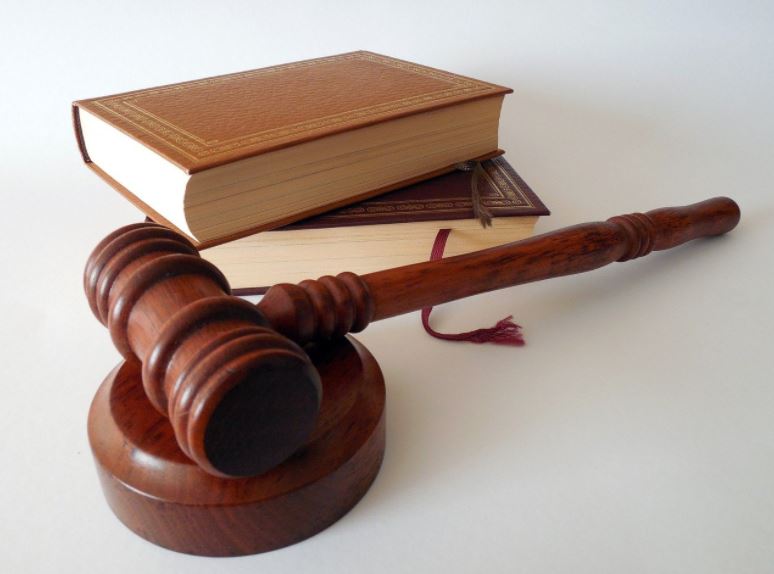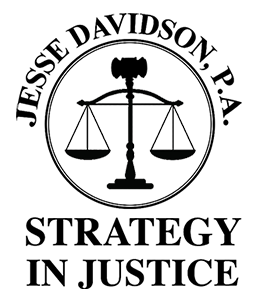Suffering injuries in a slip and fall can lead to costly medical bills, lost wages for time away from work, and potentially long-term rehabilitation. If you receive an injury from a slip and fall, you may be wondering if you have a case against the owner of the property where your accident occurred. You can likely sue the owner, but there may be additional factors that radically lower the amount of compensation you can receive.
In many slip and fall cases, the property owner must compensate the victim for any injuries sustained. However, Florida has a comparative negligence law, which states that if you contributed in any way to the slip and fall, the damages you can claim reduce significantly.
What is a Slip and Fall Case?
A slip and fall is a personal injury case involving an incident where someone slips while on someone else’s property, and the resulting fall led to demonstrable injuries. These accidents can occur anywhere, from the local convenience store to the university parking lot.
Many conditions can lead to slip and fall injuries in Florida, including:
- Wet floors, from rain, leaking freezers, or mopping
- Saltwater and sand tracked in by visitors or blown-in if near the coast
- Uneven or broken sidewalks, pavement, or floors
- Debris within a walkway, including trash, store products, and construction materials
The extent of injuries sustained in a slip and fall can also range from minor to extremely severe. The most common ones include:
- Broken bones, including hips, wrists, and ankles
- Back or spinal cord injuries
- Traumatic brain injuries (TBIs)
- Soft tissue injuries, from sprained ankles and wrists to tendon or ligament tears
- Neck and shoulder injuries
- Knee damages
- Cuts, abrasions, or burns
After suffering from a slip and fall, always seek professional medical care right away and follow your doctor’s directions. Make sure to keep a copy of any bills, prescriptions, or diagnoses you receive.
A slip and fall case involves filing a claim against the property owner to compensate for medical expenses, lost wages, and potentially pain and suffering, depending on the case’s circumstances. An experienced personal injury lawyer will know how to pursue the most compensation for your circumstance and have extensive experience defending against comparative negligence claims.
What is Comparative Negligence?
Slip and fall cases in Florida usually fall under premises liability law. This law factors in the level of negligence on the part of the property owner or the property manager of the location where the injuries occurred. A successful slip and fall case claims that the manager or owner failed to take reasonable precautions to keep the location safe for others visiting or passing through, leading to the slip and fall.
However, in Florida, if you contributed in any way to the slip and fall, you could face a ruling of comparative negligence. For example, if you are in a grocery store and slip on a wet floor in the freezer section and failed to heed the “wet floor” signs, you may be found partially at fault for your injuries by the court.
What Does Your PIP Insurance Cover?
Your PIP insurance covers your medical bills, lost wages if you miss days of work, and death benefits like funeral costs, regardless of who caused the accident.
However, in Florida, your PIP Insurance only covers up to 80% of your medical bills. If you have the minimum coverage of $10,000, and your medical bills hit $10,000, your PIP insurance only covers $8,000 of that. For non-emergency injuries received after an accident, your PIP insurance only covers up to $2,500.
You can receive up to 60% of your lost wages through your PIP Insurance as well.
Many injuries resulting from car accidents, including Spinal Cord Injuries (SCI) and Traumatic Brain Injuries (TBI), can cause long-lasting medical issues which can cost hundreds of thousands of dollars. If you did not cause the accident, you may be able to file a lawsuit to cover those damages.
How Does Comparative Negligence Affect Damages?
If you are found to be at least partially at fault for the slip and fall in many states, the court could dismiss your case entirely. Fortunately, Florida has another option.
The state of Florida follows the pure comparative negligence rule. Under this law, even if you are partially at fault for your injuries, you can still recover some compensation regardless of the amount of fault attributed to your actions or inactions.
First, the court determines your percentage of fault and reduces the damages by that amount. For example, if you have suffered $20,000 in damages but the court found you 60% at fault, you can still receive $8,000, or 40% of your total damages.
It is essential to understand how comparative negligence works because the property owner or manager where the slip and fall took place often uses it as part of their defense to reduce the amount of compensation they must pay.
How is Comparative Negligence Established?
The property owner or manager’s goal is to prove you acted irresponsibly, taking some action or, conversely, failing to act, which directly led to your injuries. Their arguments may include:
- You trespassed on the property
- You failed to heed clear warnings, such as “Wet Floor” signs
- The dangerous condition was visible, obvious, and avoidable
They could also include things like your choice of footwear or failure to pay attention when the slip and fall occurred as evidence that you are partially responsible for the accident.
To avoid being subject to comparative negligence, you need a personal injury lawyer highly experienced in slip and fall cases and knowledgeable about specific Florida law. First, your lawyer will seek to prove negligence on the part of the property owner or manager. To do so requires showing the following:
- The property’s owner or manager had a duty to care in keeping you safe
- Due to the property owner’s negligence or willful actions, you were injured
- Your injury wouldn’t have occurred if not for the property owner’s negligence
- You sustained damages, or economic losses, due to the slip and fall injury
It is the responsibility of the property owner to establish comparative negligence in the case. For this, they need to prove that you did not practice reasonable care when on the premises or acted in some dangerous way, making you at fault, at least partially, for the suffered injuries. To counteract this claim, your attorney will collect evidence to the contrary and aggressively defend your position in the case.
Contact our Law Office for a Free Slip and Fall Consultation Today
If you or any loved one suffered an injury due to a slip and fall accident, contact Jesse Davidson, P.A. today to schedule a free consultation. We will review your case to look for negligence on the part of the property owner or manager and collect evidence to disprove any claim of comparative negligence.
Our focus is on representing you to the full extent of our abilities and obtaining the highest possible compensation you deserve for your injury. Call (561) 252-7850 today to get started.

